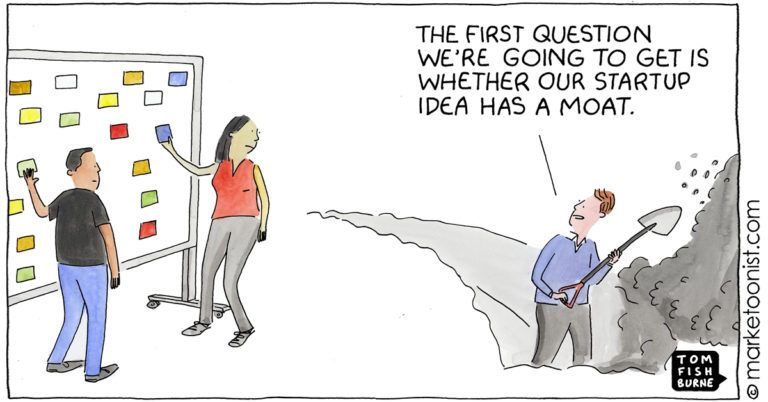The One Thing We Push Our Team to Do—And It’s Not What You’d Expect
At Tailwind, there’s one thing we keep coming back to—not as a process, not as a tactic, but as a mindset:
Don’t just do. Think.
It sounds obvious, right? But in marketing, it’s the first thing that gets lost. There’s always a campaign to ship, a calendar to fill, a metric to chase. The momentum feels productive, even when it isn’t.
I’ve been in rooms where the brief gets accepted as gospel, where the strategy feels templated, and everyone nods along because there’s no time to ask:
Why are we doing this?
Is this solving the right problem—or just the most visible one?
Are we optimizing for activity because outcomes feel too far away?
I remember a project where we were all set to roll out an ABM campaign. The playbook was clear, the audience defined, the assets lined up. But then someone on the team asked a simple question: “Is this even how our audience buys?”
It wasn’t a groundbreaking question. It was obvious in hindsight. But no one had paused long enough to ask it. That one moment of discomfort—of sitting with a question we couldn’t immediately answer—changed the trajectory of the entire project. We scrapped half the plan, rebuilt it based on how decisions actually happened in that ecosystem, and the results were night and day.
What I’ve realized is that critical thinking isn’t about big “aha” moments.
- It’s about small pauses.
- It’s in the hesitation before defaulting to what’s worked before.
- It’s in the discomfort of realizing you’re not sure if the assumption you’re building on is even true.
And here’s the thing: It’s hard.
Thinking deeply doesn’t feel productive in the moment. It doesn’t look like progress. There’s no dashboard to measure it.
But in every project that’s really moved the needle, there’s been a moment where someone stopped to think when it would’ve been easier to just do.
That’s the work.









